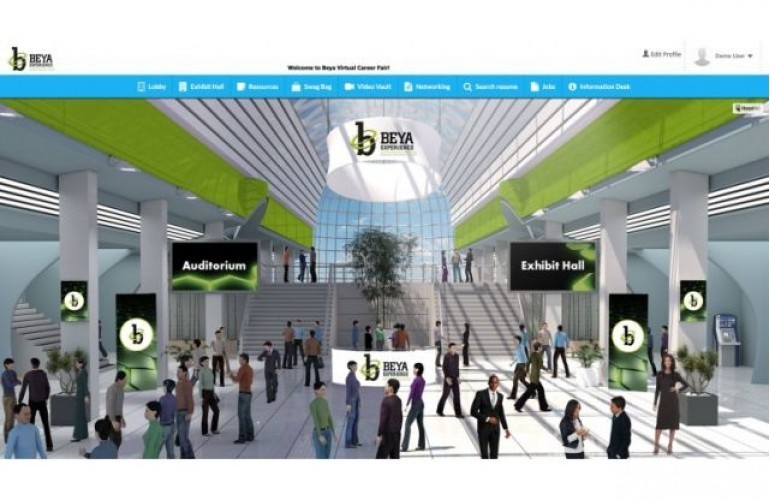 Subscribe
Subscribe- Login
-
/
Sign Up
- US Black Engineer
- >>
- Articles
- >>
- HBCU Technet
- >>
- Succeeding in the New Normal: Student Attitudes and Effective Virtual Recruiting
|
Getting your Trinity Audio player ready...
|
College graduates being recruited for full-time employment are calling for virtual experiences that are humanized, transparent, and authentic, according to a new whitepaper from the National Association of Colleges and Employers (NACE).
Succeeding in the New Normal: Student Attitudes and Effective Virtual Recruiting points out that these are hallmarks often associated with a “high touch” approach to college recruiting, but which can and should be part of the virtual experience.
While the shift to virtual has been steady over the past two decades, the COVID-19 pandemic has accelerated virtual recruiting to an imperative. The whitepaper is based on interviews with and a national survey of college students prior to the pandemic and provides valuable analysis, insights, and recommendations for authentic recruiting in the current and evolving virtual world.
For example, the whitepaper notes that there are things employers can do to leverage the best of what technology offers, while trying to personalize the student’s experience as much as possible, such as:
- Providing sufficient detail in job descriptions to enable students to not only assess their match to the requirements but to gauge the appeal of what incumbents actually do. This was an issue with students during the project focus group discussions and will be amplified as a satisfier—or dissatisfier—in the context of a virtual job search.
- Focusing resources on more student-centric and impactful strategies than lobbying for a position on “Best Employers” lists, with an objective of building authenticity in communications and outreach. Awards and accolades are not nearly as influential among students as most employers assume and are not considered a highly trusted source of authentic information.
- Recognizing that the absence of onsite internships limits the ability of students to access their most valued source of “what it’s really like to work there” information; an employer’s brand will no doubt be enhanced if it provides a virtual experience during the pandemic, but such an experience may not carry the same weight as those of previous years.
- Understanding that entering data on a mobile device is rife with opportunities to make mistakes, and most students take the act of completing and submitting an online application seriously and so are likely to use a laptop.
- Explaining the purpose and significance of online assessments. If the test does not measure a skill set that is job-related, be sure that students understand the validity of the assessment, and how (and why) the results will impact their candidacy.
Succeeding in the New Normal: Data presented in the whitepaper are derived primarily from two sources: The 2019 NACE Student Survey and a qualitative, campus focus group project fielded by Scott Resource Group on behalf of NACE.
Check out the virtual career fair at the BEYA STEM Conference.


